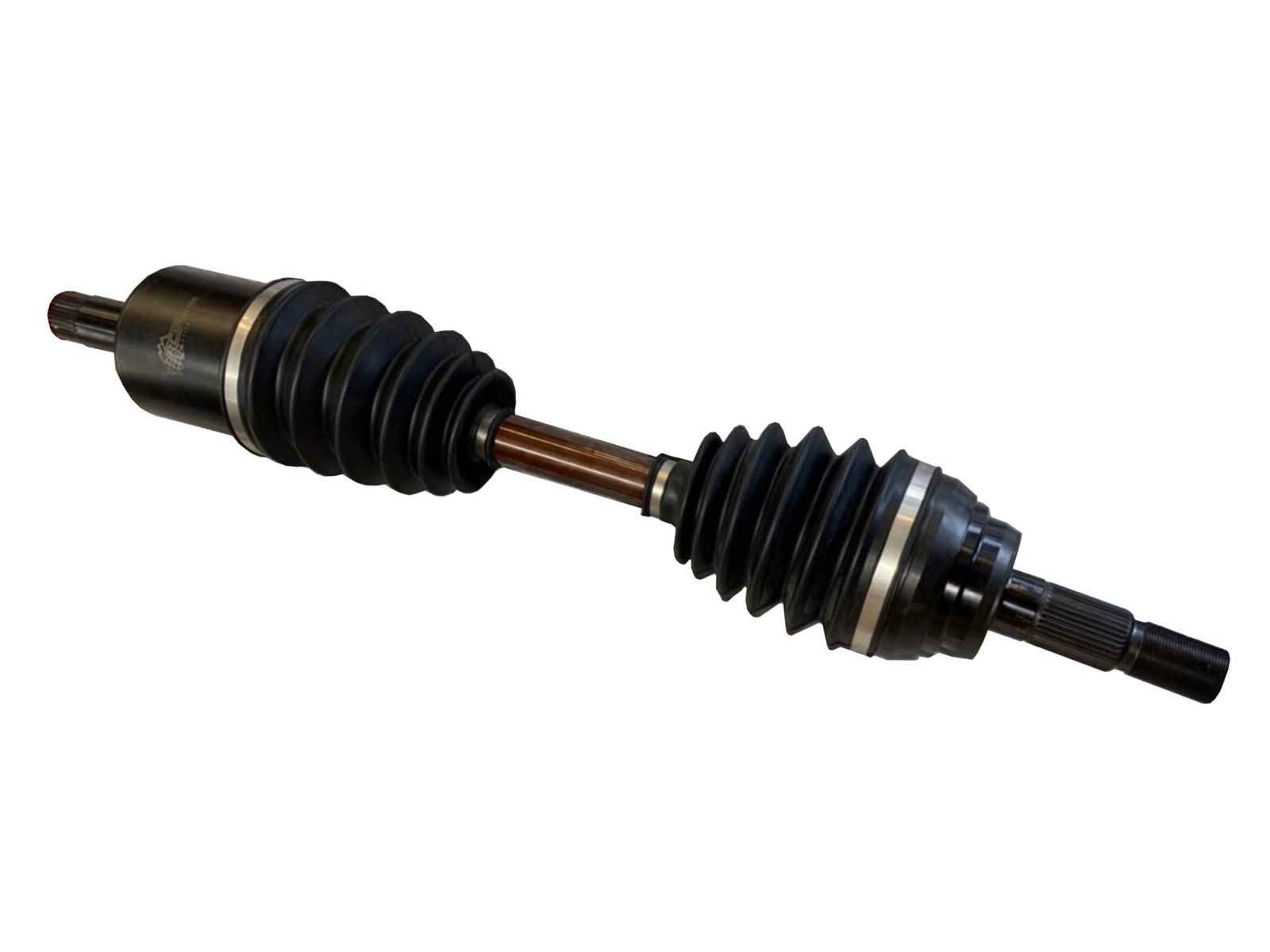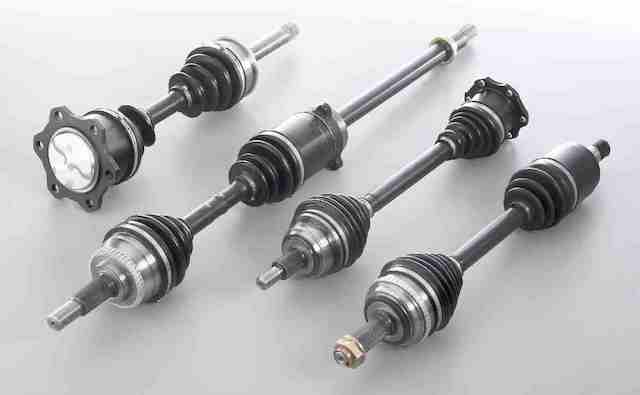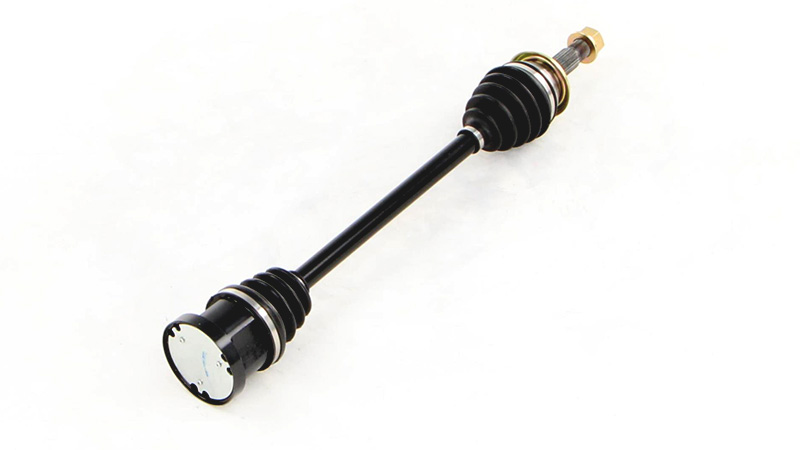Product Description
Product Description
Details Images
| Product Name | Top Fashion Special Transport Custom Semi Trailer With Goose Neck |
| Tare Weight | (customized) |
| Dimension | (customized) |
| Max payload (T) | According to the customer’s actual loading tonnage and load method, select and optimize the steel ratio |
| Axles | single axle, double axle, 3 axle, 4 axle, etc., 2 lines and 4 axles, 3 lines and 6 axles, 4 lines and 8 axles, 5 lines and 10 axles |
| wheel base | (customized) |
| Rim | 6.75-17.5 |
| Tire | pneumatic tire, solid tire, polyurethane filled tire |
| Tire Wheelbase | 2475mm |
| Tire No. | (customized) |
| Suspension | Leaf spring/air/hydraulic suspension |
| King pin | JOST brand 2.5 inch and 3.5inch |
| Main beam | Material is WELTEN80 Steel ,Height: 400mm (customized) |
| upper plate is 25mm, middle plate is 12mm, down plate is 25mm(customized) | |
| Towing Pin Material | Alloy steel |
| Towing Pin Type | “I” type |
| Brake chamber | N0.30 (type) |
| Anti-lock Braking System and material | ABS and EBS Aluminum |
| ABS | WABCO (Brand) |
| Light | LED |
| Voltage | 24V |
| Painting | As customer’s request |
| Vehicle structure: | lifting, pulling, articulation, side beam expansion, detachable gooseneck, hydraulic ladder, spring ladder |
Above is just 1 of our specialized semi trailer, we can design and product according to customer’s requirements.
Please don’t hesitate to contact me if you have any inquiry!
Company Profile
Since 2007,Top 10 factory of semi trailer in China
Focus on transportation of oversized,overweight, extra wide,super long and ultra precision goods
Shipment capacity 30T to 5000T
Internationally leading, the only 1 in China of numbers of technologies
ISO9001,CCC
Main buyer named JSV in Japan, has already holding 60%market of the special semi-trailer industry in Japan
Production capacity:Normal semi trailer 200 sets,
Inteligent large-sized transportation modular trailer 100sets.
2571 year ,double
We have more than 300 employees, 18% of whom are R&D personnel
Patent:Currently the company has 37 patents
Certifications
FAQ
1. What is your terms of packing ?
There are 2 choices for you. One is loading trailers in shipping container and another is transporting them by bulk cargo ship or ro-ro ship.
2. What is your terms of payment ?
T/T 40% down payment before production and T/T 60% balance before delivery.
3. What is the main material of your semi trailer ?
Main structure of trailer is Q345 carbon steel and accessory is Q235 carbon steel.
4. What is your brand of axle and tire ?
We can provide you China FUWA, Germany BPW or other brand axles.
And tire we usually use China Triangle, Double-coin or other brand appointed by client.
5. What certificate can you provide us ?
We can provide ISO9001,CCC certificates associate for trailer.
We also have 5 kinds of patent certificates, including:
A gooseneck of semi trailer;
Platform with length and width expandable function;
Lift loading systerm;
Platform with width expandable function;
Platform with width and height expandable function.
6. How about your after-sale service ?
We can provide client overall technical support to CZPT them fix and adjust trailers.
And we can also deliver some original spare parts to customer.
| After-sales Service: | Overall Technical Support to Guide Them Fix and Ad |
|---|---|
| Warranty: | No |
| Type: | Semi-Trailer |
| Load Capacity: | 30-500t Customized |
| Certification: | CE, ISO9001, CCC |
| Wheel Base: | Customized |
| Customization: |
Available
| Customized Request |
|---|

What is the role of axles in electric vehicles, and how do they differ from traditional axles?
Electric vehicles (EVs) have unique requirements when it comes to their drivetrain systems, including the axles. The role of axles in EVs is similar to traditional vehicles, but there are some key differences. Here’s a detailed explanation of the role of axles in electric vehicles and how they differ from traditional axles:
Role of Axles in Electric Vehicles:
The primary role of axles in electric vehicles is to transmit torque from the electric motor(s) to the wheels, enabling vehicle propulsion. The axles connect the motor(s) to the wheels and provide support for the weight of the vehicle. Axles are responsible for transferring the rotational force generated by the electric motor(s) to the wheels, allowing the vehicle to move forward or backward.
In electric vehicles, the axles are an integral part of the drivetrain system, which typically includes an electric motor(s), power electronics, and a battery pack. The axles play a crucial role in ensuring efficient power transfer and delivering the desired performance and handling characteristics of the vehicle.
Differences from Traditional Axles:
While the fundamental role of axles in electric vehicles is the same as in traditional vehicles, there are some notable differences due to the unique characteristics of electric propulsion systems:
1. Integration with Electric Motors: In electric vehicles, the axles are often integrated with the electric motors. This means that the motor(s) and axle assembly are combined into a single unit, commonly referred to as an “electric axle” or “e-axle.” This integration helps reduce the overall size and weight of the drivetrain system and simplifies installation in the vehicle.
2. High Torque Requirements: Electric motors generate high amounts of torque from the moment they start, providing instant acceleration. As a result, axles in electric vehicles need to handle higher torque loads compared to traditional axles. They are designed to withstand the torque output of the electric motor(s) and efficiently transmit it to the wheels.
3. Regenerative Braking: Electric vehicles often utilize regenerative braking, which converts the vehicle’s kinetic energy into electrical energy and stores it in the battery. The axles in electric vehicles may incorporate systems or components that enable regenerative braking, such as sensors, controllers, and electric brake actuators.
4. Space Optimization: Electric vehicles often have different packaging requirements compared to traditional internal combustion engine vehicles. The axles in electric vehicles are designed to accommodate the space constraints and specific layout of the vehicle, considering the placement of the battery pack, electric motor(s), and other components.
5. Weight Considerations: Electric vehicles strive to optimize weight distribution to enhance efficiency and handling. Axles in electric vehicles may be designed with lightweight materials or innovative construction techniques to minimize weight while maintaining structural integrity and durability.
It’s important to note that the specific design and characteristics of axles in electric vehicles can vary depending on the vehicle manufacturer, drivetrain configuration (e.g., front-wheel drive, rear-wheel drive, all-wheel drive), and other factors. Automotive manufacturers and suppliers continually innovate and develop new axle technologies to meet the evolving demands of electric vehicle propulsion systems.

Where can I purchase high-quality replacement axles for my make and model of vehicle?
When it comes to purchasing high-quality replacement axles for your specific make and model of vehicle, there are several reliable sources you can consider. Here are some options:
- Authorized Dealerships:
- Independent Auto Parts Stores:
- Online Retailers:
- Specialty Performance Retailers:
- Local Salvage Yards:
- Vehicle Manufacturer’s Online Parts Store:
Authorized dealerships of your vehicle’s manufacturer are a trustworthy option for purchasing replacement axles. They offer genuine parts that are specifically designed and engineered for your make and model. Contact your local dealership’s parts department to inquire about the availability of replacement axles.
Independent auto parts stores often carry a wide range of replacement axles from reputable manufacturers. These stores typically have knowledgeable staff who can help you identify the correct axle for your vehicle. Examples of popular auto parts stores include AutoZone, Advance Auto Parts, and O’Reilly Auto Parts.
Online retailers provide a convenient way to browse and purchase replacement axles from the comfort of your home. Websites such as Amazon, eBay, and RockAuto offer extensive selections of axles for various vehicle makes and models. Be sure to verify the compatibility of the axles with your specific vehicle before making a purchase.
If you are looking for high-performance or upgraded axles, specialty performance retailers may be the way to go. These retailers cater to enthusiasts and offer axles that are designed to handle increased power, torque, or off-road demands. Examples of specialty performance retailers include Summit Racing, Jegs, and 4 Wheel Parts.
Salvage yards, also known as junkyards or auto recyclers, can be a cost-effective option for finding used axles in good condition. Some salvage yards have an inventory system that allows you to search for specific parts based on your vehicle’s make and model. It’s important to thoroughly inspect used axles before purchase to ensure they meet your requirements.
Many vehicle manufacturers have their own online parts stores where you can directly purchase genuine replacement parts, including axles. These online stores provide the assurance of authenticity and compatibility with your specific make and model. Visit the official website of your vehicle’s manufacturer and look for their parts store section.
When purchasing replacement axles, it’s important to prioritize quality and ensure that the parts meet or exceed the original equipment specifications. Consider factors such as warranty coverage, customer reviews, and the reputation of the manufacturer or retailer. Additionally, consult with knowledgeable professionals or refer to your vehicle’s owner’s manual for specific axle specifications and recommendations.

What are the factors to consider when choosing an axle for a custom-built vehicle?
Choosing the right axle for a custom-built vehicle is crucial for ensuring optimal performance, durability, and safety. Here are several key factors to consider when selecting an axle for a custom-built vehicle:
- Vehicle Type and Intended Use:
- Axle Type:
- Weight Capacity:
- Axle Ratio:
- Braking System Compatibility:
- Suspension Compatibility:
- Aftermarket Support:
- Budget:
Consider the type of vehicle you are building and its intended use. Factors such as vehicle weight, power output, terrain (on-road or off-road), towing capacity, and payload requirements will influence the axle selection. Off-road vehicles may require axles with higher strength and durability, while performance-oriented vehicles may benefit from axles that can handle increased power and torque.
Choose the appropriate axle type based on your vehicle’s drivetrain configuration. Common axle types include solid axles (live axles) and independent axles. Solid axles are often used in heavy-duty applications and off-road vehicles due to their robustness and ability to handle high loads. Independent axles offer improved ride quality and handling characteristics but may have lower load-carrying capacities.
Determine the required weight capacity of the axle based on the vehicle’s weight and intended payload. It’s crucial to select an axle that can handle the anticipated loads without exceeding its weight rating. Consider factors such as cargo, passengers, and accessories that may contribute to the overall weight.
Choose an axle ratio that matches your vehicle’s powertrain and desired performance characteristics. The axle ratio affects the torque multiplication between the engine and wheels, influencing acceleration, towing capability, and fuel efficiency. Higher axle ratios provide more torque multiplication for improved low-end power but may sacrifice top-end speed.
Ensure that the chosen axle is compatible with your vehicle’s braking system. Consider factors such as the axle’s mounting provisions for brake calipers, rotor size compatibility, and the need for an anti-lock braking system (ABS) if required.
Consider the compatibility of the chosen axle with your vehicle’s suspension system. Factors such as axle mounting points, suspension geometry, and overall ride height should be taken into account. Ensure that the axle can be properly integrated with your chosen suspension components and that it provides sufficient ground clearance for your specific application.
Consider the availability of aftermarket support for the chosen axle. This includes access to replacement parts, upgrade options, and technical expertise. A robust aftermarket support network can be beneficial for future maintenance, repairs, and customization needs.
Set a realistic budget for the axle selection, keeping in mind that high-performance or specialized axles may come at a higher cost. Balance your requirements with your budget to find the best axle option that meets your needs without exceeding your financial limitations.
When choosing an axle for a custom-built vehicle, it’s recommended to consult with knowledgeable professionals, experienced builders, or reputable axle manufacturers. They can provide valuable guidance, assist in understanding technical specifications, and help you select the most suitable axle for your specific custom vehicle project.


editor by CX 2023-11-17